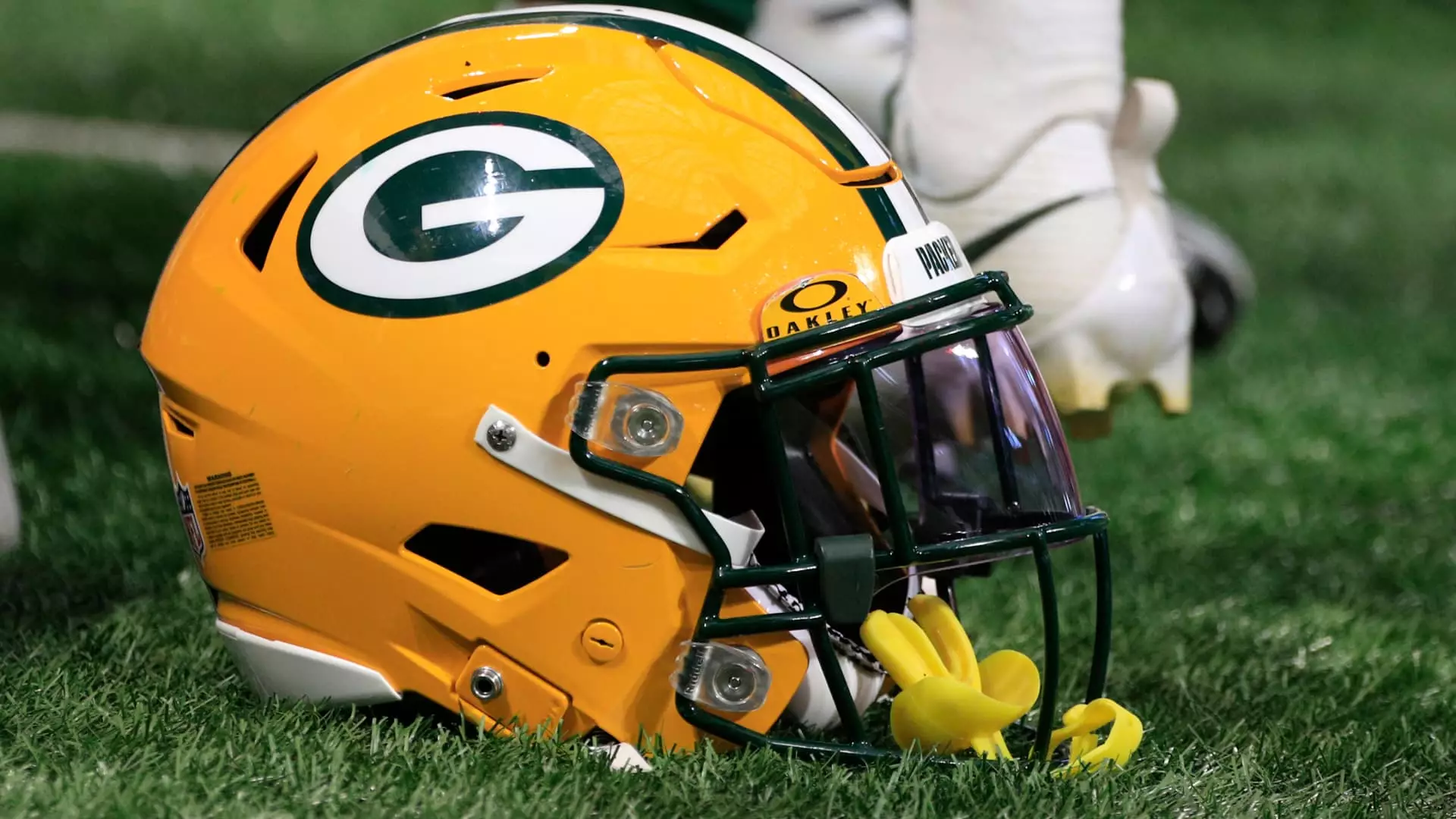The Green Bay Packers are the only National Football League team with an ownership structure that mirrors that of a publicly traded company. Established over 100 years ago, the franchise is entirely owned by stockholders, many of whom are loyal Packers fans. Through six stock offerings starting in 1923 and as recent as 2021, over 5.2 million shares are held by more than 538,000 individuals. Shareholders have the opportunity to attend the team’s annual meeting and vote for a board of directors, but do not gain any financial profit from ownership. The shares do not pay dividends, have no market value, and are nontransferable, except within families.
The team’s revenue for 2023 amounted to $638 million, with an earnings before interest, taxes, depreciation, and amortization of $128 million. The Packers, being a nonprofit organization, allocate their annual revenue towards player salaries, stadium maintenance, marketing, and other operational expenses. The share offerings over the years have played a crucial role in helping the team out of financial difficulties and funding significant renovations at Lambeau Field.
Unique to the Green Bay Packers is a 200,000 share per person ownership cap, limiting individual ownership to less than 4% of the total outstanding shares. While current regulations permit private equity firms to own up to 10% of a franchise, the Packers’ ownership structure is seen as unattractive to potential investors seeking financial returns. The team’s shares have a historical price range from $5 to $300 per share, making ownership accessible to fans at a fraction of the average NFL team valuation.
Despite its historical significance and steadfast fanbase, the Packers face several challenges due to their ownership model. As the smallest TV market among NFL teams, Green Bay lacks the same level of tourism and commercial opportunities as larger cities like Las Vegas, Miami, and New York. Additionally, the team’s stability at the quarterback position has drawn criticism from other teams and fans, particularly during the transitions from Brett Favre to Aaron Rodgers and now to Jordan Love.
The Green Bay Packers’ ownership structure sets them apart in the world of professional sports. While the team’s unique approach to ownership has enabled them to weather financial storms and maintain a close connection with their fanbase, it also poses challenges in terms of growth and attracting external investment. Despite the limitations, the Packers remain a symbol of tradition, community, and dedication in the ever-evolving landscape of professional football.


Leave a Reply